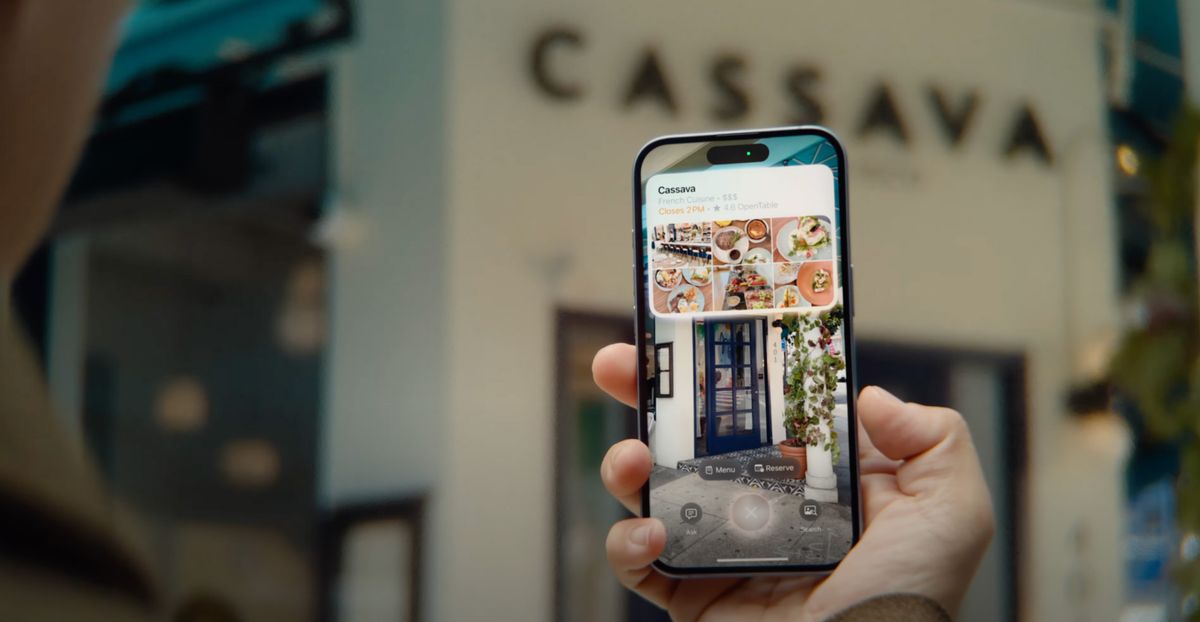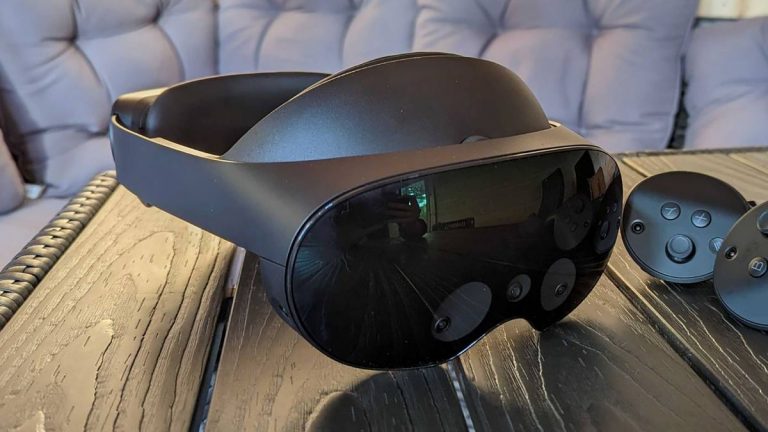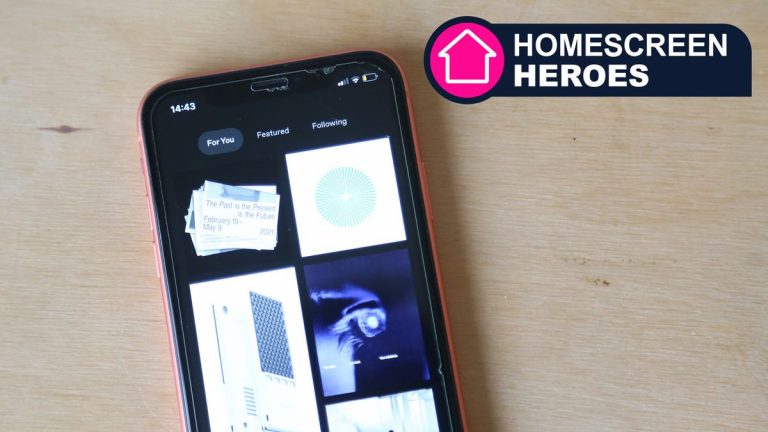Unleashing the Power of Apple Intelligence: How Smartphone AI Will Revolutionize the Future

The State of AI on Smartphones: Now Is Not the Time for Optimism
As the year wraps up, it’s natural to look back at the advancements made in smartphone AI. While AI has shown promise behind the scenes, the actual AI products we’ve received have failed to impress. It seems like we’re getting more "bad AI" than "good AI." But, I’m here to offer a glimmer of hope. AI is going to revolutionize mobile devices, and it’s going to make our lives easier than ever before.
First, we need to acknowledge that today’s AI is far from perfect. The features we have now, such as generative AI for creating images and text, live chat agents, and more, are merely building blocks for what’s to come. These aren’t even products yet; they’re just the tools that the underlying AI systems will use to become functional.
So, what’s the problem with today’s AI? Where do we go from here? For one, too many AI features try too hard. They generate image results that are often riddled with stereotypes, copyright issues, and the potential for fraud and violence. Language models spit out inaccurate facts and summarize information incorrectly.
AI-powered handwriting recognition and photo lighting effects rely on cloud computing, draining power and adding steps to the process for minimal usability gains. Do you remember when writing a message or email became more complicated with the introduction of AI-powered assistants?
Walls seen AI Nokia this image! New tools using AI are just as culpable, returning useless results when searching for specific pictures. Nab this configuration from September people year AI whereby humans and machine learning engineers AI smart glasses.
Today’s AI wallpaper tools are abundant, yet they create impersonal wallpapers at best and potentially even racist at worst. Why are we generating such AI-powered wallpapers in the first place?
If these tools represent the only outcome of AI, I’d recommend canceling the project and focusing on the next big thing – smart glasses.
The future is promising, however. In the near future, our smartphones will rely heavily on AI and machine learning to deliver seamless experiences. For now, I’m optimistic about the potential of AI. I have no choice but to be – it will get better, a lot better.
When AI Solves a Smartphone Problem, It Will Become Valuable
When AI finally starts solving real problems for us, like battery life, user experience, and more, we’ll appreciate its true value. Already, Qualcomm’s latest AI-forward processors are also the most efficient high-end smartphone processors I’ve ever benchmarked.
How AI Will Solve Our Problems
Take charging your wireless earbuds, for instance. You won’t need to know how to use "Reverse wireless charging" on your OnePlus, "PowerShare" on your Galaxy, or USB-C Power Delivery with your iPhone. Your AI will take care of it.
You won’t have to memorize which feature is hidden where – like safety Check-In under iMessage or the little-known Safety app on your phone. AI will figure it out for you, so you can live life streamlined.
In the future, your smartphone’s AI will be the entire interface. There won’t be a need to learn complex features or navigate through settings. Just tell your phone what you want, and it will make it happen.
Today’s bots are mere novelties, but in the near future, AI agents will change the game. You’ll interact with these agents, like Siri, Gemini, and Bixby, but more capable and understanding. The AI will be the interface. You’ll be able to swipe or open apps, but you won’t need to worry about the AI. When AI finally makes our smartphone lives easier, instead of more complicated, it’s going to be amazing.
So, there you have it – the state of AI on smartphones. It’s not perfect, but it will get better. I’m optimistic about the potential of AI, and I believe it will revolutionize the way we use our mobile devices.






